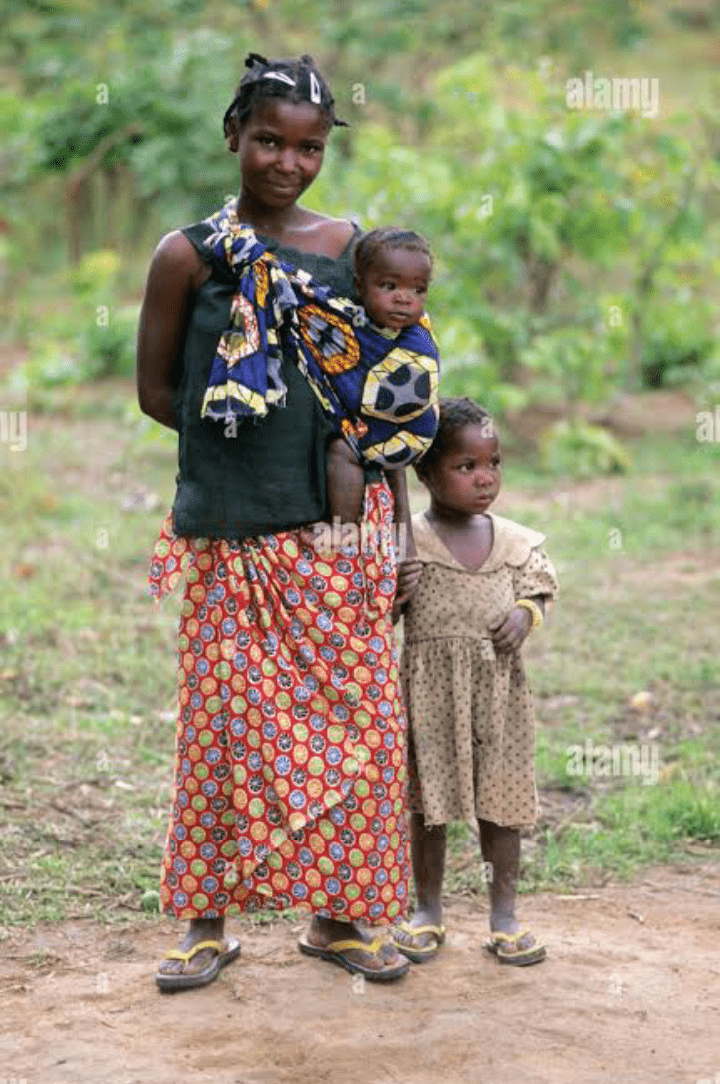
The UN defines gender equality as the elimination of discrimination against women and girls, the empowerment of women and the achievement of equality between men and women as partners and beneficiaries of the development of human rights, humanitarian action, peace and security. In the last few decades, one of the main themes around women’s rights has been gender equality in school, work, and other areas, as highlighted in goal 5 of the sustainable development goals. Women are facing disparate effects when compared to men in terms of jobs and income, gender-based violence, and education, according to UN Women.
Overall, 70% of respondents said that men and women have equal opportunities in society, with 25% saying that there is no such thing as gender equality. When we broke down the question into sections and explored differences in school and work, we observed similar patterns. On average, 75% said that boys and girls have equal opportunities to excel in school, with Ghana accounting for the highest percentage. Gender inequality can occur in the following areas:
1. Inequality at the workplace
2. Gender Discrimination and Sexual Harassment
Some of the reasons for women exclusion includes:
- Lack of voter education
In elections, women play a variety of roles. They serve as cheerleaders at political rallies, run grassroots (often door-to-door) campaigns, organize marches against election fraud, compete for political office, and serve as political appointees, among other things. Despite this, the majority of people do not have a voter registration. Education must be based on gendered situations. It must be carried out by bodies such as the Independent National Electoral Commission as well as the Civil Society.
- The role of poverty
Women account for a larger portion of the poor people in the country. Because of poverty, women are deprived of the financial and human resources necessary to serve as leaders. The gender policy of the independent national electoral commission, which provides specific steps to combat women’s marginalization in politics, should be revisited to ensure that it is followed through to the letter.
- Corruption
Another tactic used to keep women out of politics is what I have termed “feminized corruption”. In a recent paper I showed how the level of corruption was perceived differently when women were involved compared to men. The study observed that ethnicity, age, class and educational background are not necessarily contributory to how corruption is feminized in Nigeria. But being a woman in the political space is. This seems like a deliberate effort to weaponize corruption against women in politics and leadership.
What needs to be done
- Voter education must capture the global quest for gender parity and place it in local contexts.
- Gender policies must be implemented and monitored.
- Feminized poverty calls for interventions to reduce wealth disparities.
- The abuse of women indicted for corruption must be nipped in the bud.
WHAT DBEGOTIN IS DOING TO PROMOTE GENDER EQUALITY
- The PEARL PROJECT which adopts a holistic approach to address gender-based challenges by conducting empowerment workshops, mentorship and counselling programs, as well as advocacy and awareness campaigns. It challenges gender-based stereotypes, fosters self-confidence in girls.
- Youth Skill Development: This workshop aims at providing an opportunity for youth, particularly the female gender, to get trained on emerging skills and internships.
Conclusion
Gender equality is not only a fundamental human right, but a necessary foundation for a peaceful, prosperous and sustainable world. Women and girls represent half of the world’s population and therefore also half of its potential. Regardless of where you live in, gender equality is a fundamental human right. By working alongside individual activists and campaigners on the ground as well as running our own targeted campaigns, we can form a formidable vanguard in the fight for women’s rights. It might seem like an obvious point, but we cannot have a free and equal society until everyone is free and equal. Until women enjoy the same rights as men, this inequality is everyone’s problem.
Photo credit: Alamy.
